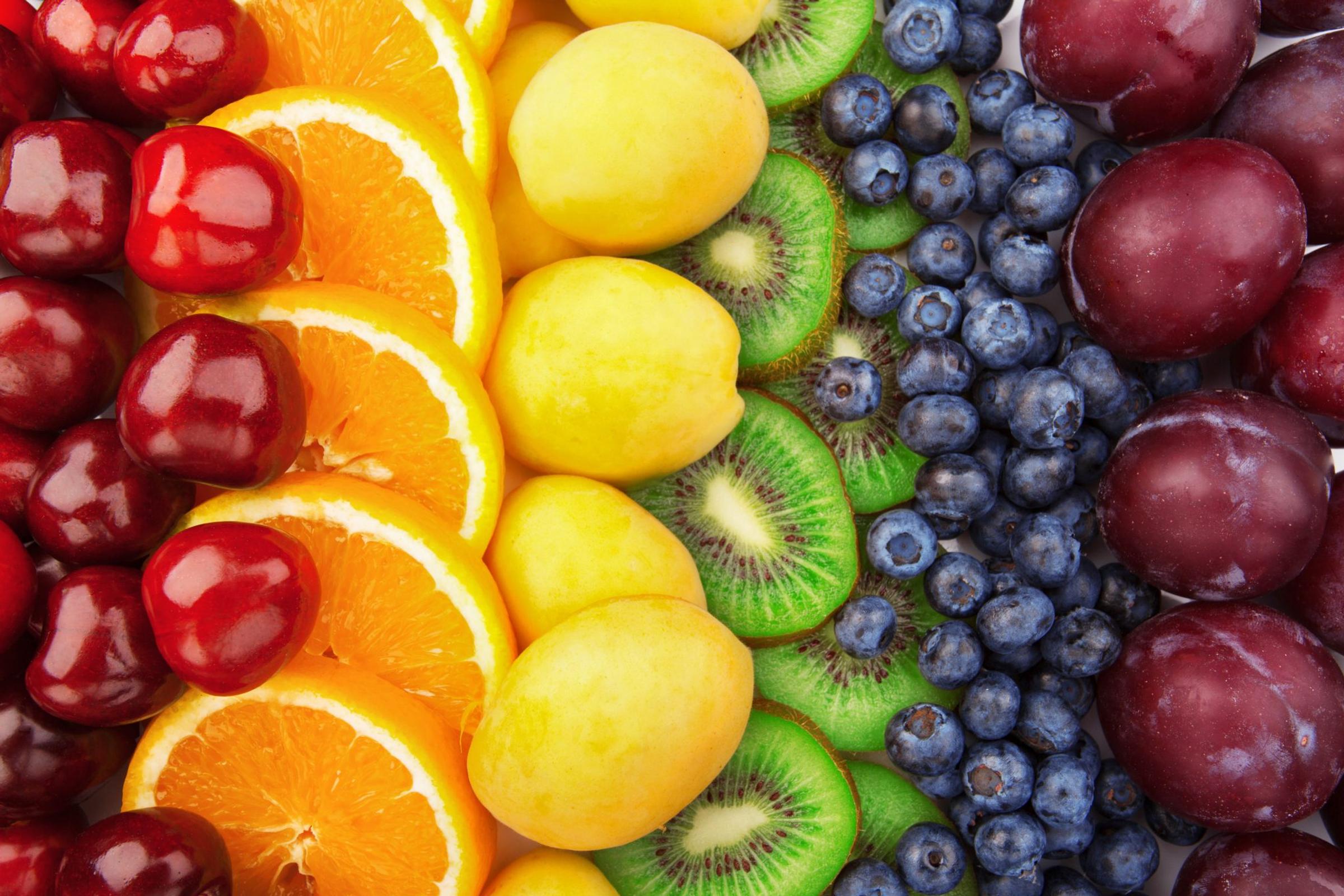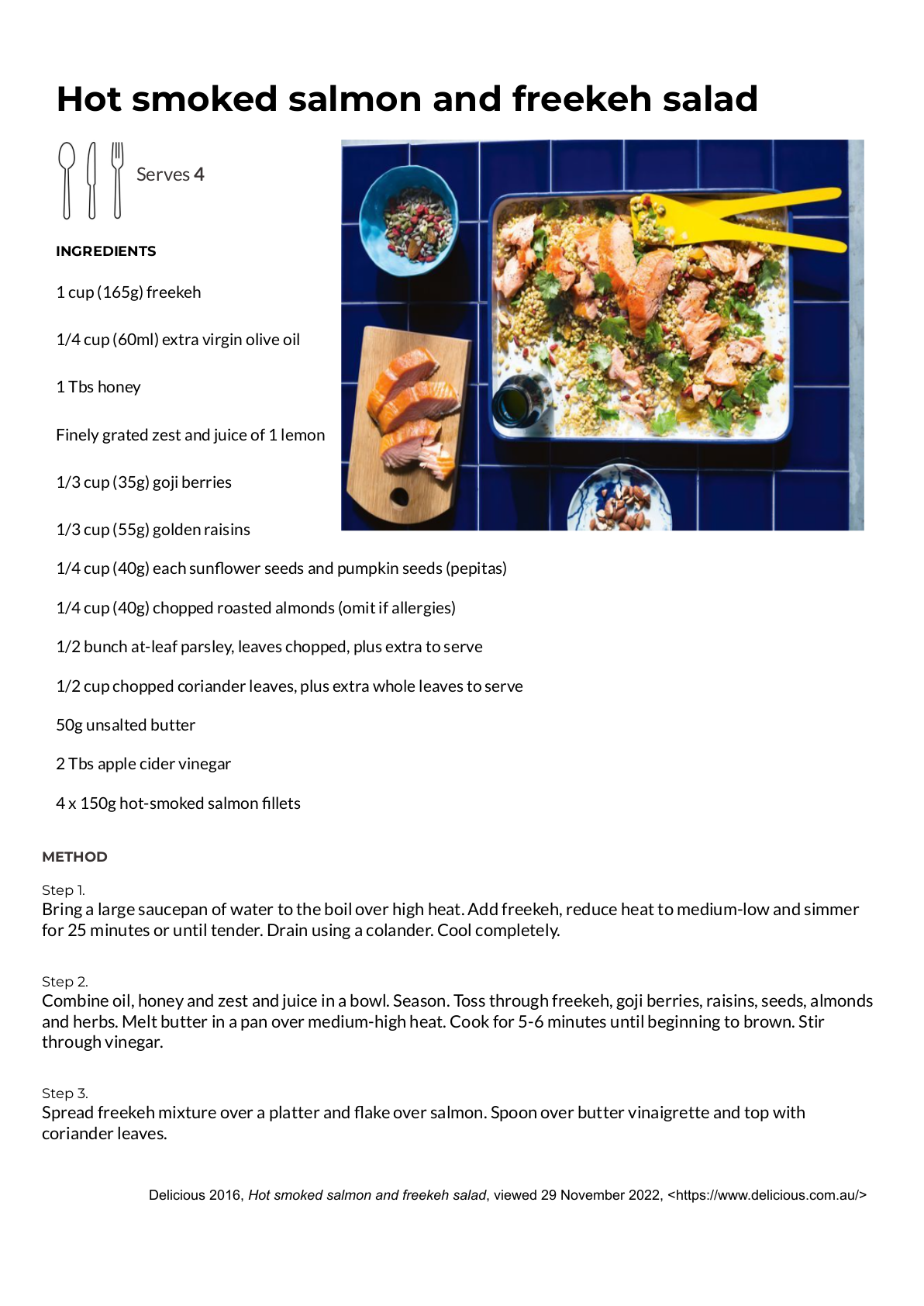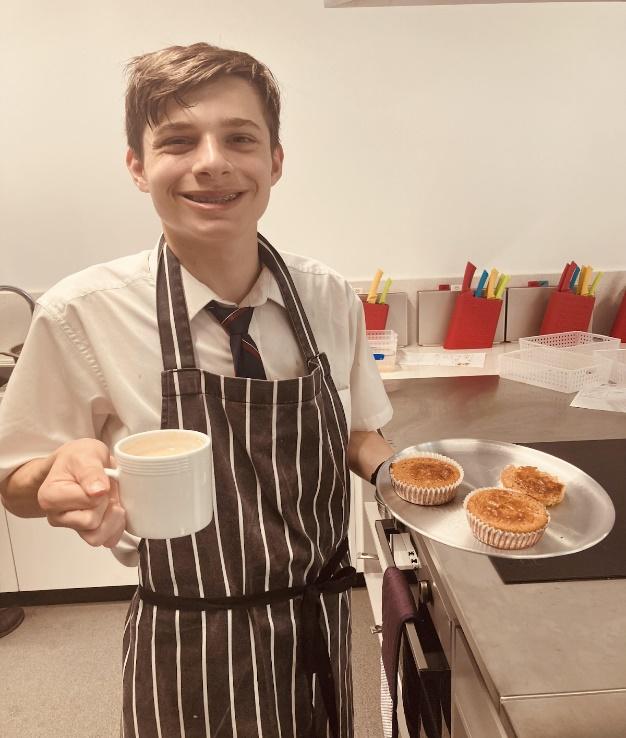HEALTH

SUMMER ON A PLATE: SEASONAL FOODS AND HOW TO ENJOY THEM
There’s something about summer that lends itself to fresh, healthy eating.
You can load up on fruits, a rainbow of crunchy vegetables, lean fish and meats, and desserts that burst with flavour and are time friendly - which allows those long balmy evenings to be enjoyed.
The blue colour of blueberries and blackberries, and the reds of raspberries come from disease-fighting antioxidants. Berries are in abundance including Valencia oranges and a variety of grapes and tomatoes.
Stone fruits are at their seasonal best, so try apricots, cherries, peaches, nectarines and plums.
Figs - the unique shaped fruit rich in antioxidants that resembles a teardrop. These little gems are packed with calcium and potassium. When these two minerals collaborate, they promote bone density, which may reduce the risk of osteoporosis. They also promote digestive health and may also support healthy blood pressure.
Tropical fruits are affordable during summer – think juicy pineapple, mango and melons packed with vitamins C and E that may help lower the risk of cardiovascular problems.
Other summer produce at their optimal best includes: basil, beans, beetroot, capsicum, chillies, corn, cucumber, eggplant and squash. All versatile ingredients that can be enjoyed in a summer salad.
Check out this recipe using seasonal produce:
Happy cooking!
Ms Carmen Moloney
Health Learning Area Manager
AND THEY ALL HAD AN EGG-CELLENT TIME
Breakfast is often called ‘the most important meal of the day’, and for good reason. As the name suggests, breakfast breaks the overnight fasting period. Despite the benefits of breakfast for one’s health and wellbeing, many people (particularly adolescence) often skip it, for a variety of reasons.
The first meal of the new day restores glucose in the body which boosts energy levels and alertness. Depending on the choice of breakfast, it can also provide essential nutrients required for good health, growth and development, enabling an individual to go about their daily activities comfortably.
The Year 9 Food Technology students have recently put their breakfast skills to the test. This major learning task required students to research / investigate, strategize, justify, produce and evaluate their chosen breakfast. One could almost say that MCK Year 9 students “ … eat strategy for breakfast”.
Well done to all students involved. Your skills and processes developed throughout the semester are to be celebrated!
Ms Tiffany Zikou
Year 9 Food Technology Teacher
As part of the Year 9 Food Technology program, we were required to complete the ‘Breakfast Design Brief Task’. This task was really interesting. Students were prompted with a mock scenario to create a breakfast to share with a friend. Much thought and consideration had to go into researching the recipe, as well as reviewing the certain specifications, including - it must have an element of nutrition, be produced in ninety minutes, and contain five basic ingredients out of a list of twelve.
After justifying our final decision and submitting a detailed food order, we then were able to cook our meal in class. The aroma of the Food Tech room afterwards was very complex!
This task was really popular amongst the Food Tech students, as we were able to choose a dish that we liked, and we were able to feel a sense of independence that was different from the other weeks where we all cooked the same meal. Afterwards, an evaluation and sensory analysis was fulfilled describing appearance, flavour, texture, aroma and even sound. Overall, this was a very enjoyable chaotic experience and one that gave everyone a feeling of achievement and independence.
Kayla Morgan Year 9
This Learning Task was definitely an interesting and fun one as we were able to include our own ideas and turn our imagination into a real food dish. While cooking, it was definitely stressful to focus because of the time pressure and hoping that the final results would be pleasant or even edible.
However, the pressure made it all the more exciting and I was extremely hopeful of how my dish would turn out. It was an explosion of flavours! Everyone in the class seemed very happy to cook, and the environment we were working in was positive with all the aromas and commotion going around. With us modifying, creating and writing our own recipe, gathering all the supplies, and finally assembling the dish, this assignment provided students a sense of freedom, independence and responsibility.
Megan Bai Year 9





